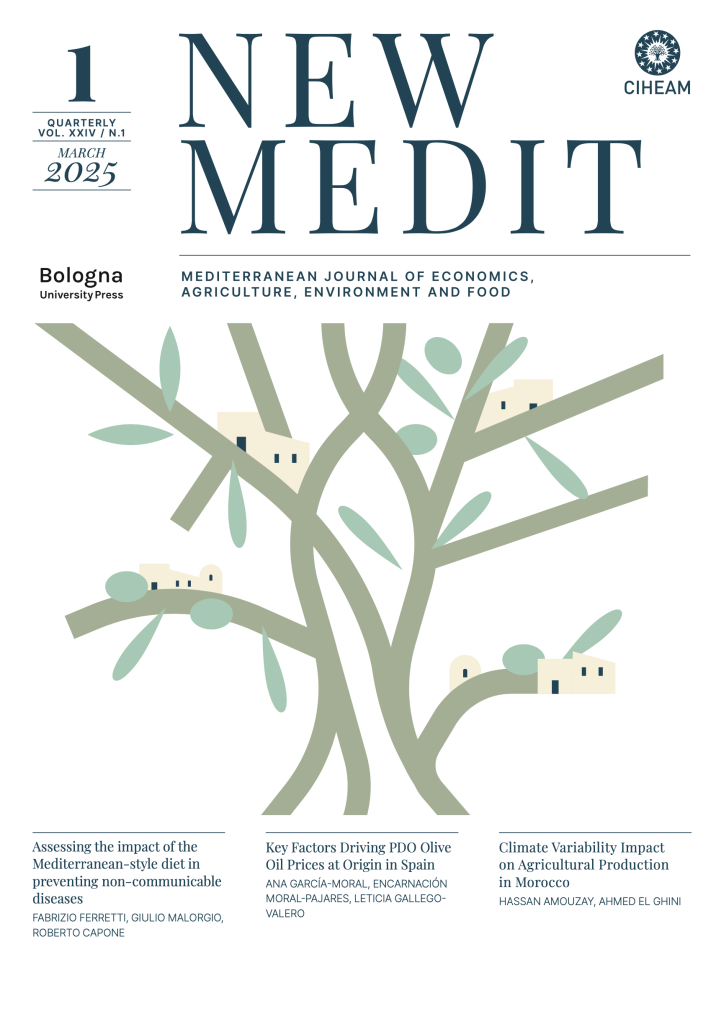How does corporate social responsibility in the food industry matter?
New Medit, vol 14, n.3, (September 2015), pp. 2-9
Language: EN
Jel classification: D12, C24, F23
In recent decades, there has been a rapid growth in consumer awareness of the influence of corporate activities on the environment, and society at large. Firms operating in the food supply chain have not been exempted: the vulnerability of agrifood businesses towards public opinion incentivizes firms to implement social, environmental and ethical measures in collaboration with the other food supply chain stakeholders. Previous studies in the food sector have shown that corporate social responsibility has positive effects on firm performance, but what is still unclear is whether, and how much, consumers are willing to pay for such an intangible attribute. In tackling this issue, we attempt to offer insights into consumer willingness to pay for corporate social responsibility attributes, identifying the psychological constructs that are likely to influence consumer preferences. Our contingent valuation experiment involving Italian consumers shows that individual values behave as effective determinants of consumer willingness to pay for corporate social responsibility.
Schwartz values, contingent valuation, Tobit, food supply, consumer behaviour











